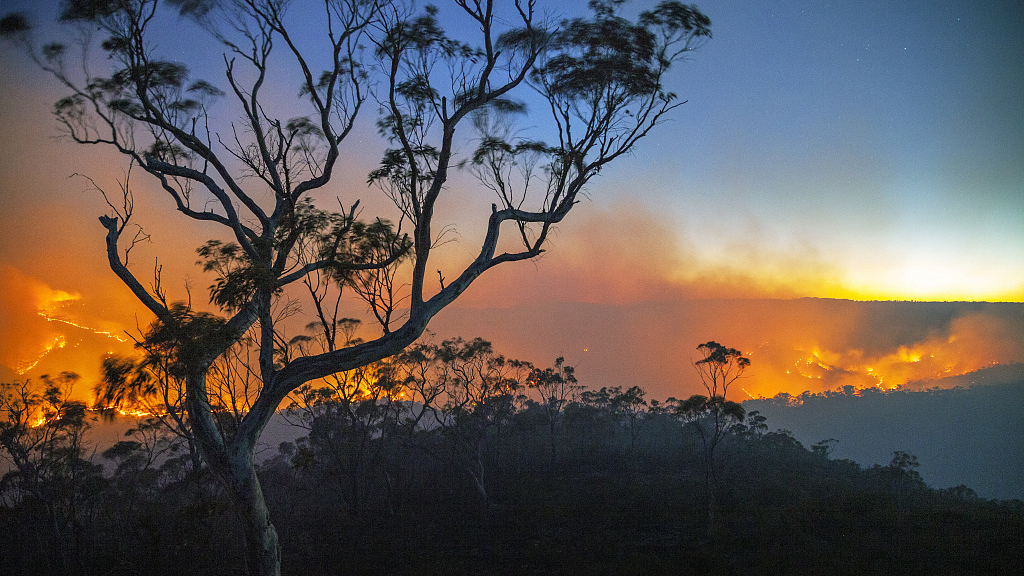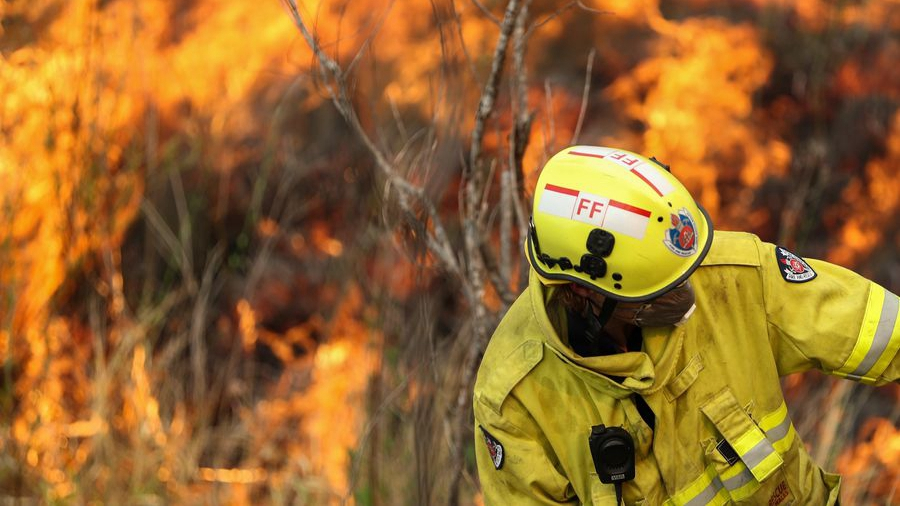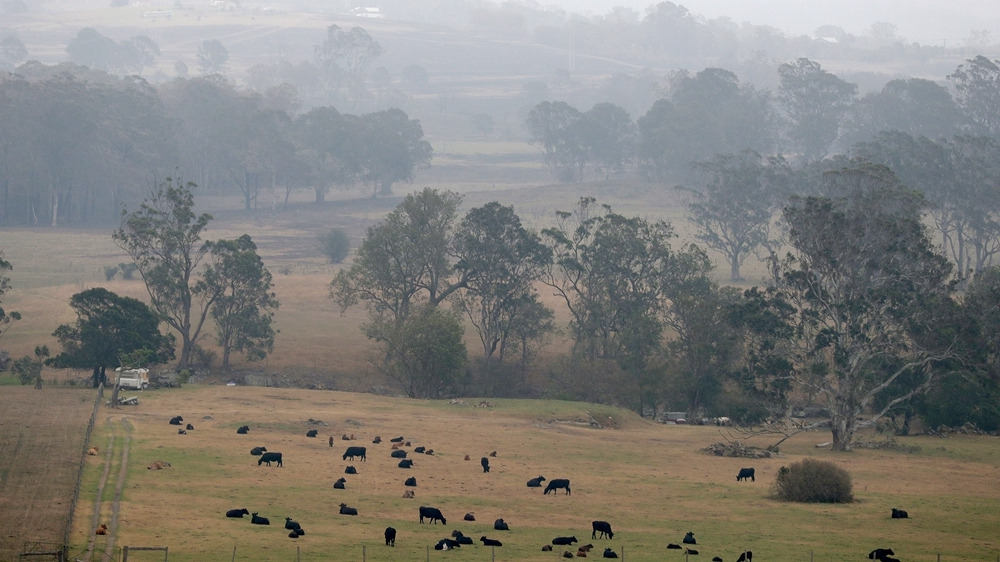00:38

Australia's devastating bushfires, which have been raging for four months, have claimed the lives of at least 25 people, burnt more than 6.3 million hectares and killed an estimated half a billion animals.
Though the wildfires are believed to be largely fueled by high temperatures, severe drought and dry vegetation, the Australian authorities have also arrested 24 people, accusing them of deliberating setting fires.
What has caused the bushfires? Why are they so hard to extinguish? How effective has been the Australian government's response? And what can we learn from this entire crisis?
Wang Dan, an analyst for the Economist Intelligence Unit, said that the Australian government has failed to increase the fiscal budget for firefighters despite rampant bushfires in history.
"If we look at the fiscal budget and how it's spent, very interestingly, number one is always medic care" because Australia is a country aging rapidly, and such a move would please the electorate, Dan said.
Then the money goes to the training of the workers especially those in polluting industries, as well as women's and children's issues. "When it comes to firefighting, it's way down the list, no wonder we see the shortage of firefighters," she added.
Will Steffen, an emeritus professor at the Fenner School of Environment & Society at the Australian National University, said the country's firefighters are very disappointed with the lack of support from the federal government.
00:52

Isabel Hilton, CEO of China Dialogue, an organization based in London working to promote a common understanding of China's environmental challenges, believes the bushfire is closely linked with climate change.
"The major problem here is the reluctance of the government to acknowledge that climate change fundamentally changes the conditions under which these fires are born and thrive and it makes it radically more difficult."
The Australian government has "chosen to ignore the long-standing warnings about Australia was extremely vulnerable to climate change, the climate and conditions in Australia have already changed over the past 20 years." And the government is ignoring it for political reasons because it supports the coal mining industry, she said.
01:19

Hilton also warned that the rampant bushfires might come back to haunt Australia earlier than many would have expected.
"This is unprecedented for this year. But given that it arises out of radically changed conditions, this might happen again, really quite quickly. One of the things that climate change does is that it alters the frequency of catastrophic events, so things that are regarded as one-in-a-hundred-years events can now happen in one-in-ten years or one-in-four years."
If this is the case, Australia's eco-system and animals will hardly have time to recover from the damage. "We may be looking at the beginning of a pretty catastrophic crash for Australia's environment," Hilton said.
"Dialogue with Yang Rui" is a prime time English-language daily talk show on CGTN. The 30-minute program covers a wide range of domestic and international topics, providing a balanced and critical perspective on current affairs and analysis within the framework of cross-cultural and multi-disciplinary comparisons.
Schedule: Monday-Sunday
Time (GMT): 03:30, 11:30, 19:30
(If you want to contribute and have specific expertise, please contact us at opinions@cgtn.com)